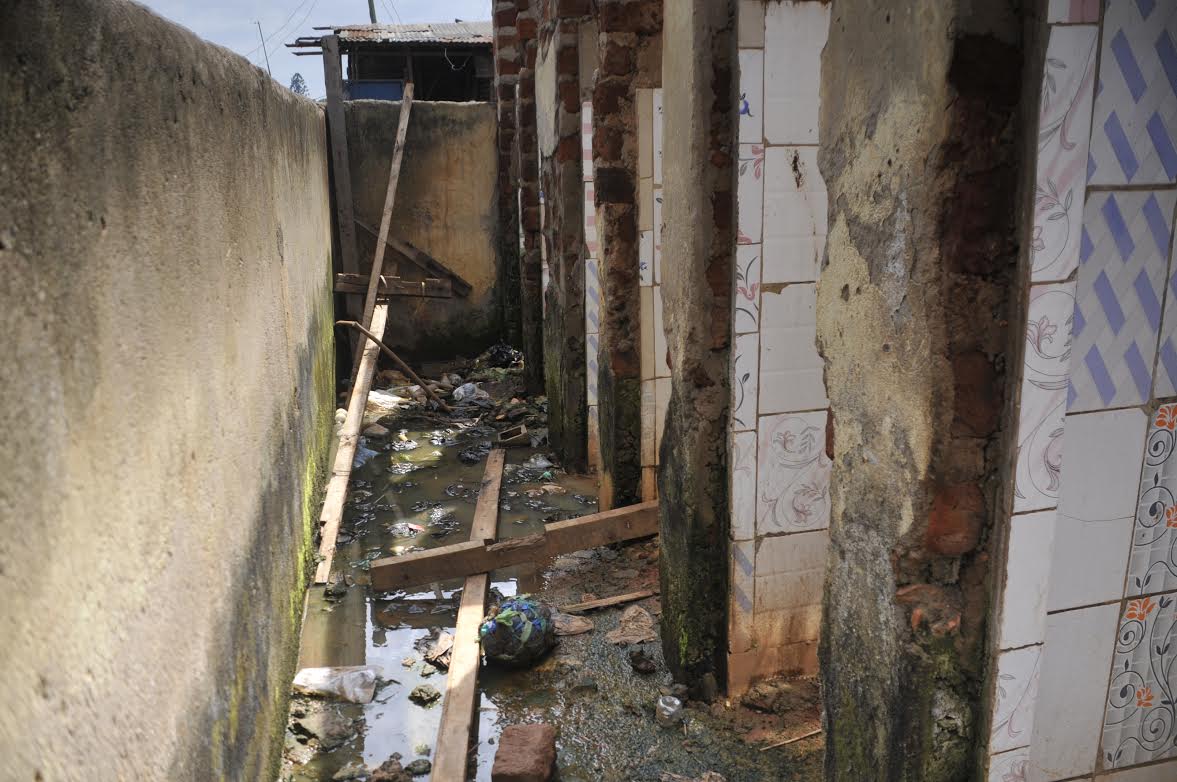Before, resident could only find unclean but affordable place of convenience!
Uganda’s oldest beer maker Uganda Breweries Limited has launched a sanitation project that will see the brewery construct public sanitation facilities for the residents and traders of Port Bell and Kirombe areas in Nakawa Division.
The 3 months project which is part of UBL’s “Water of Life” initiative will cost UGX 300 Million.
It will not only reduce water pollution in the area but also decrease the rampant hygiene related disease outbreaks amongst the residents, traders and fishermen of port bell and Kirombe villages.
Uganda Breweries has done similar projects at Busia- Sofia market, Kinawatuka slum and at Gaba Landing site projects that were completed in 2014. Also in the same year, the company constructed a fish cleansing slub for the Luzira Fishing community at the port.
Similar to before, each modern facility to be constructed will be comprised of: 4 urinals for men, 2 male toilets, 1 bathroom, and 1 male seat-toilet for disabled persons, 2 female toilets, 1 bathroom and 1 female seat-toilet for disabled persons with over 15,000 beneficiaries.
Section 88 of the 1935 Public Health Act requires all public buildings to possess public toilet facilities but goes ahead to charge the local authority (in this case KCCA) with the task of ensuring sanitation is kept to the letter even though it means closing the facility or taking punitive action. The act stresses this if, “It appears to a local authority that any building is without sufficient latrine accommodation, or that any latrines provided for are in such a state as to be prejudicial to health or a nuisance and cannot without reconstruction be put into a satisfactory condition.”
Women worst affected
Inadequate sanitation puts a greater burden on women than men, according to the UN Millennium Project report. Although there is common knowledge that the major impacts of poor and inadequate sanitation are diseases like diarrhoea, “women look at inadequacy beyond disease. They can also be deprived of their right to dignity, privacy and safety.”











